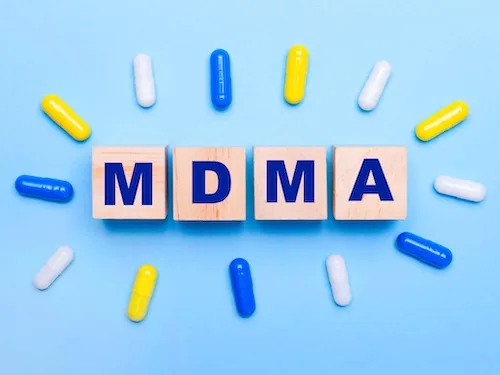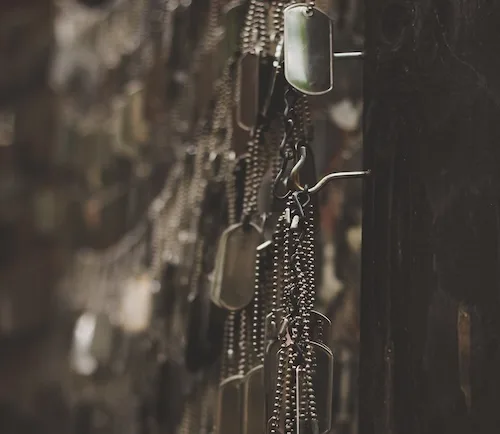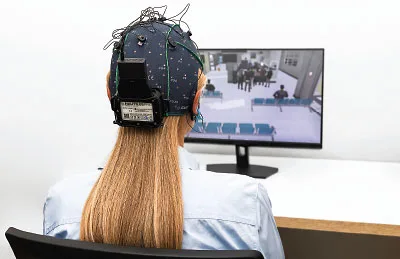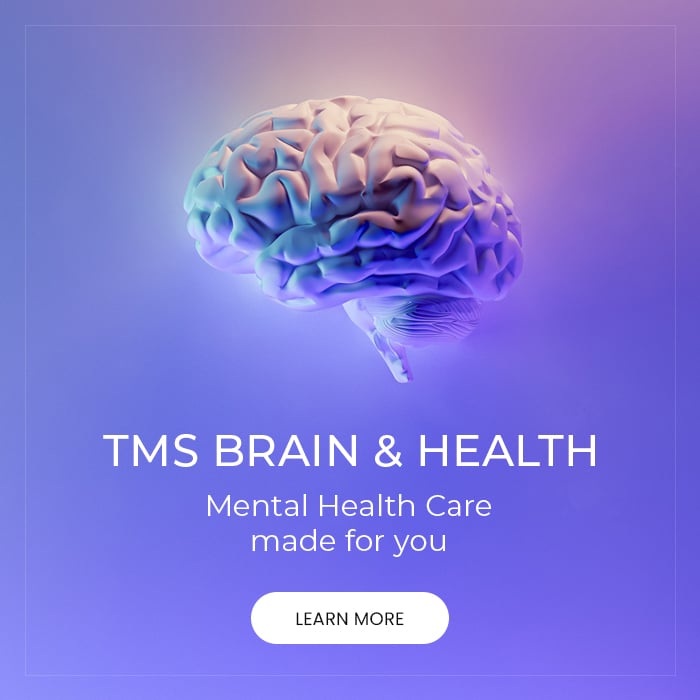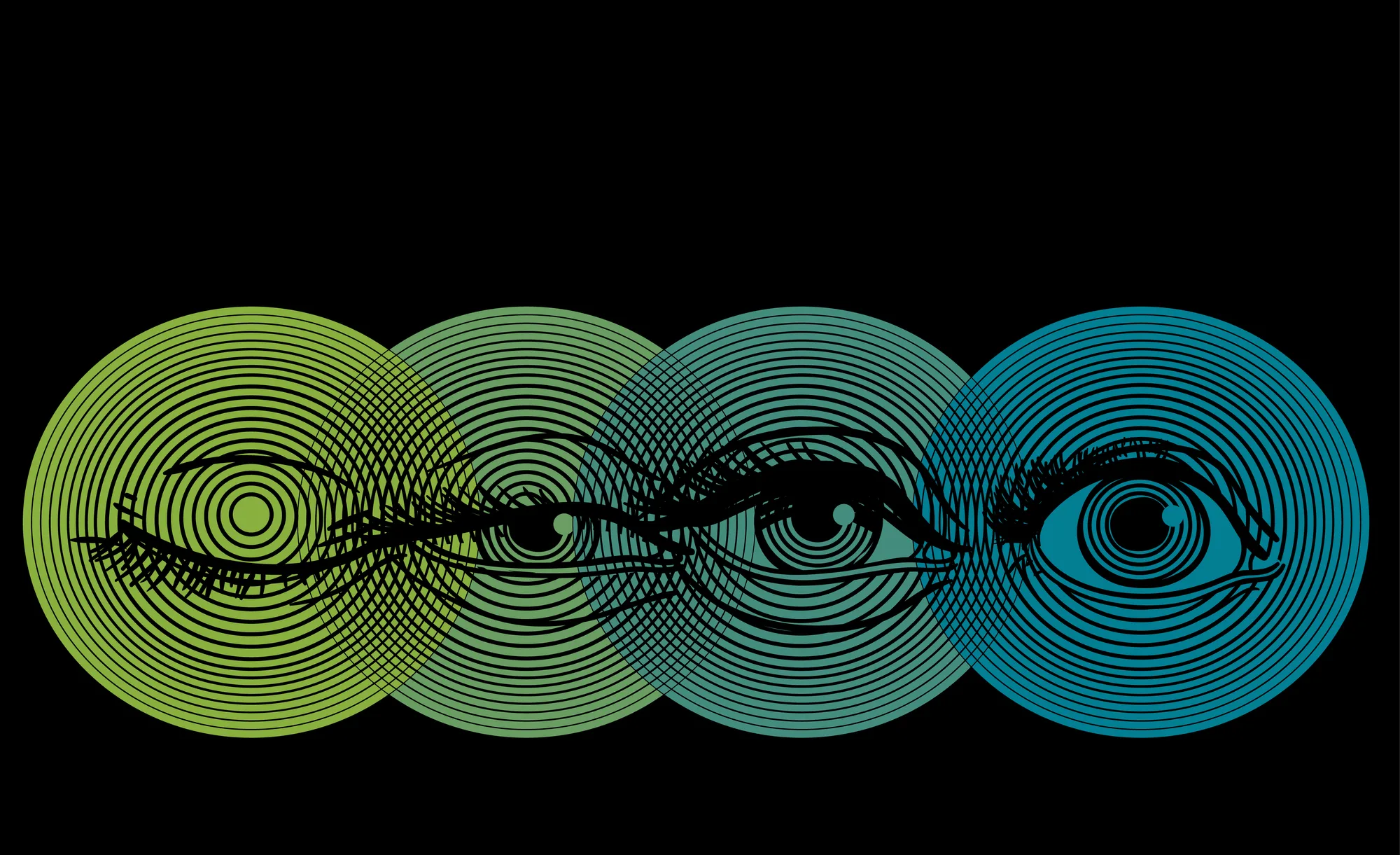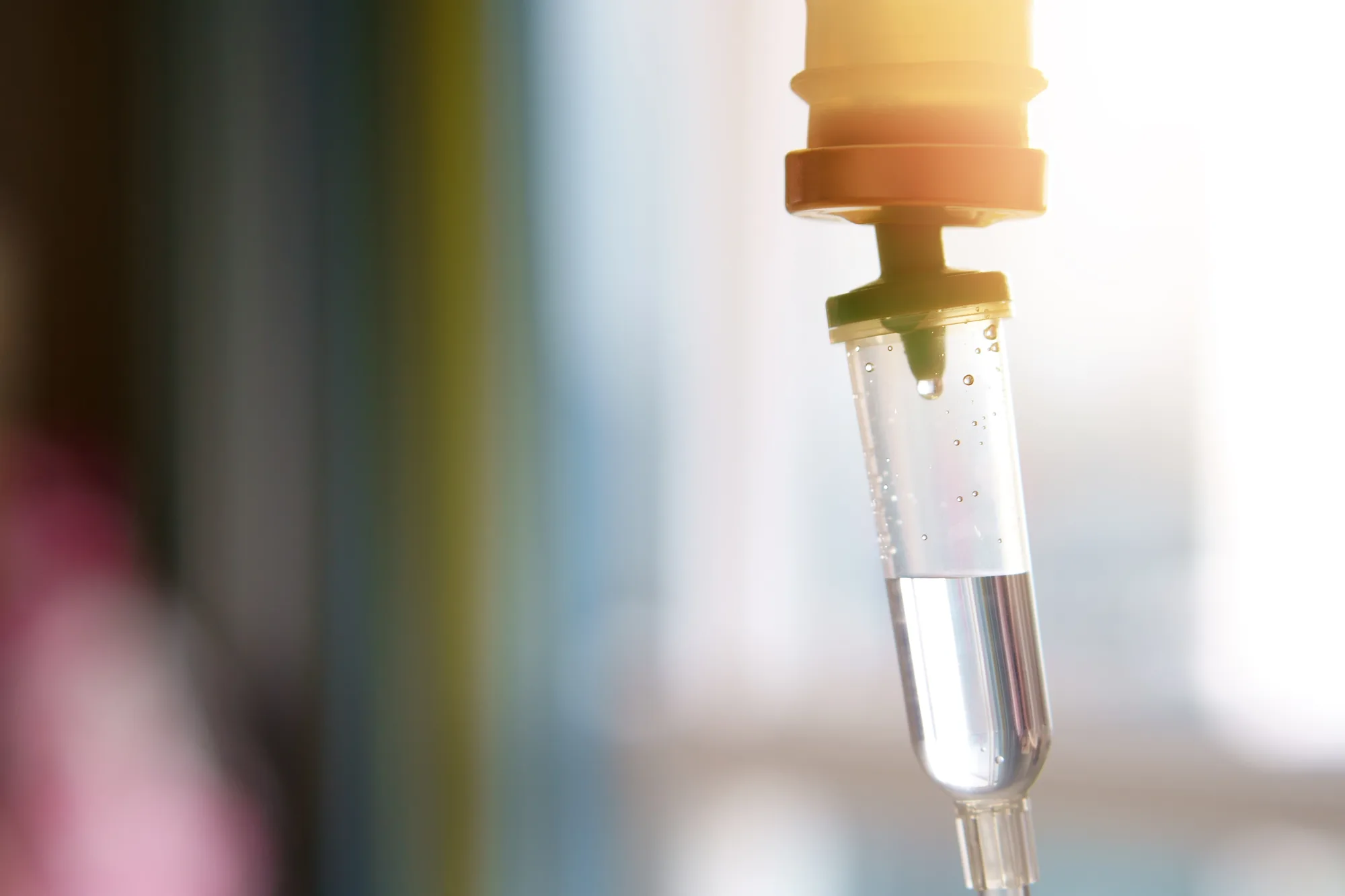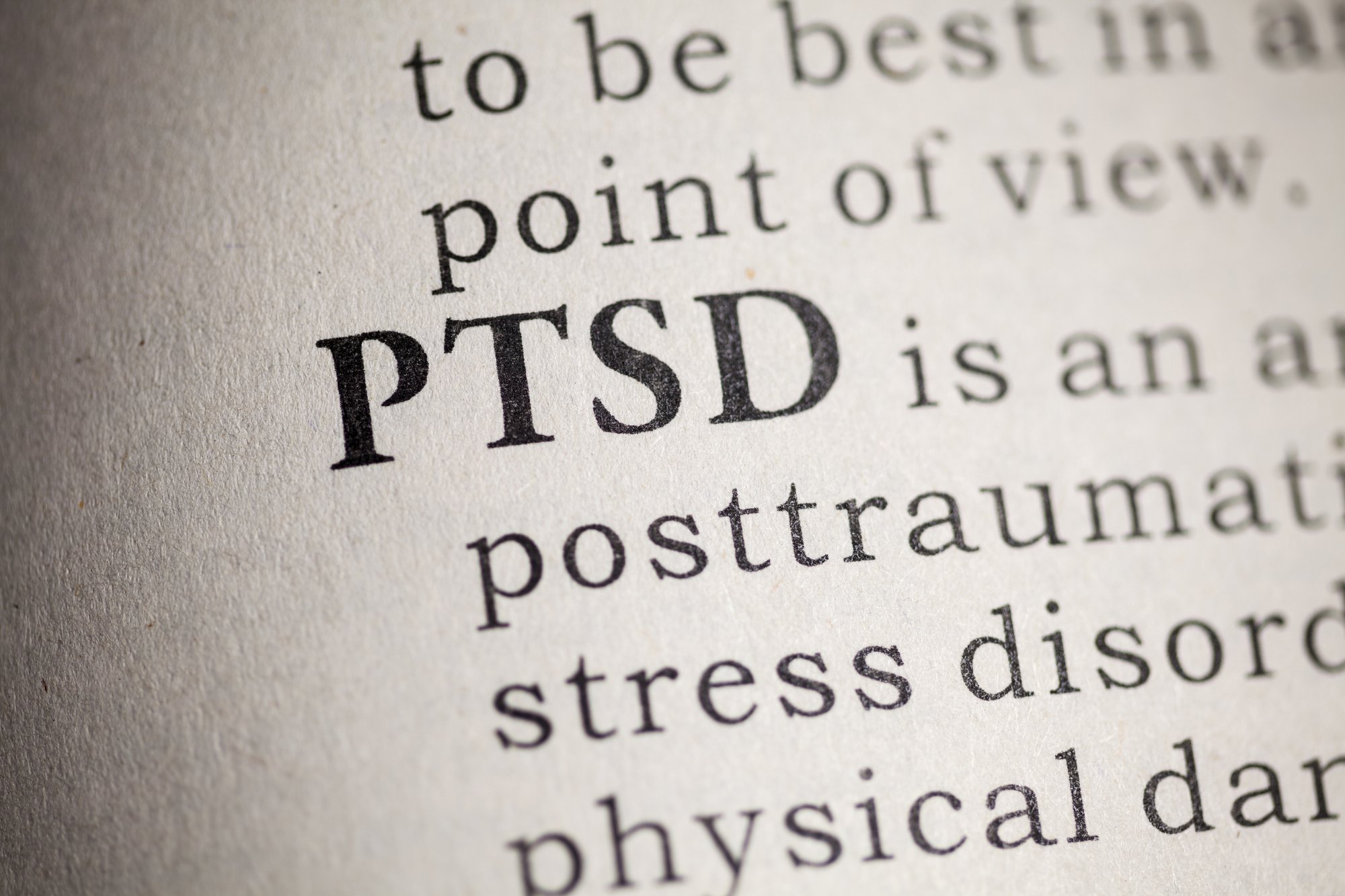Everyone feels a bit sad or lonely from time to time. It’s only natural. Particularly in the wake of a significant loss, a setback at work or another of life’s curveballs. But there’s a difference between grieving the loss of a loved one, the breakup of a relationship or a professional setback and depression. In the case of normal grieving, the person emerges from their sadness in time and gets back on with their life. In the case of depression, the feelings of sadness and loneliness seem to grow ever more powerful and in time may become overwhelming.
Am I Depressed? What are the Signs of Depression?
Losing a parent or child can cause an extended period of grieving. Especially if the loss was sudden and unexpected. Whereas, in the wake of a breakup, it may only take a short while before the person is back to their normal vivacious self. So it can be difficult sometimes to know when normal sadness has morphed into something more serious. In general though, here are the signs to look for that may indicate depression.
- Indecisiveness or trouble concentrating
- Difficulty remembering details, forgetfulness
- A general feeling of pessimism or hopelessness
- Inability to sleep or sleeping to excess
- Loss of libido
- Loss of interest in other things that used to bring pleasure
- Compulsive overeating
- Suicidal thoughts/fascination with suicide
- An overwhelming sense of fatigue
- Aches and pains with no apparent cause
Is There a Test for Depression?
The mental, emotional and physiological mechanisms driving depression are extremely complex and do not always conform to the same pathology. Therefore, there is no way to devise a standard ‘depression test’ that would be able to accurately diagnose the condition. Doctors, therapists and individuals rely on the above checklist of symptoms as a starting point and then proceed from there.
Arriving at an Accurate Diagnosis
If you’re wondering “Am I depressed?” you should work your way through the above list of symptoms. If you believe you may indeed be depressed, you should not delay in seeking help. Unfortunately, many depressed individuals never reach out and have their condition properly diagnosed and treated. This can lead to years of unnecessary suffering.
In order to come to an accurate diagnosis, the mental health professional will first review your symptoms and then ask a series of follow-up questions. These typically include:
- When did you first become aware of your depressed feelings?
- Was there a particular event that you can point to as a possible trigger?
- How long have you been living with the current symptoms?
- Are these depressed feelings interfering with your daily life?
- Are you currently using alcohol or drugs to try and deal with your feelings?
- Do you have a history of alcohol or drug abuse?
- Is this the first time you have experienced these types of feelings?
- Is there a history of depression in your family?
You may also be asked to undergo a physical examination to rule out illness or injury as being a contributing factor. If potential physical causes can be ruled out, and the mental health professional believes your symptoms are consistent with depression, they will likely make that diagnosis and recommend treatment. Entering treatment in a timely fashion is important in order to fend off the possibility of being overwhelmed by depressed thoughts.
Warning Signs of Suicide
Finding an effective treatment for your depression is key to transcending your situation and emerging on the other side mentally, physically and emotionally intact. For those who ignore treatment, suicide becomes an all-too-real possibility. A depressed individual should never ignore or try to minimize the seriousness of suicidal thoughts. Typical warning signs of suicide include:
- A fixation with death
- A sudden sense of calm resignation
- A worsening of the above-listed symptoms
- Feeling a need to tie up loose ends in your life
- Expressing the belief that things are hopeless
- Suddenly taking extreme risks such as running stop signs
- Calling friends or family and thanking them for things they’ve done
There is a common theme in the above warning signs and it is this: none of them entail planning for or working toward a better future. If you or someone you know is exhibiting these signs, it is important to seek professional help without delay.
Treatment for Depression
There are myriad depression treatments in wide use today and there is no telling which a mental health professional may prescribe. A growing body of clinical evidence suggests ketamine may be the type of breakthrough depression treatment in Los Angeles many have been seeking. When discussing treatment options be sure to mention ketamine to your doctor.
Ketamine for Depression Treatment
IV Ketamine infusions are an innovative and promising new treatment option for those suffering from depression. Ketamine was first used as an anesthetic, but in the last two decades has shown great potential for the treatment of depression. According to research, up to 80% of patients can find relief from depression symptoms after undergoing a series of Ketamine infusions.
Ketamine is thought to help restore nerve connections inside the body and help reset them in the brain, effectively rewiring the brain. Ketamine is opening the door for a new era of depression treatment. As the premier Ketamine Clinic of Los Angeles, Bespoke Treatment strives to help others take back control of their life. Contact us for a free consultation to learn how you can treat your depression.


